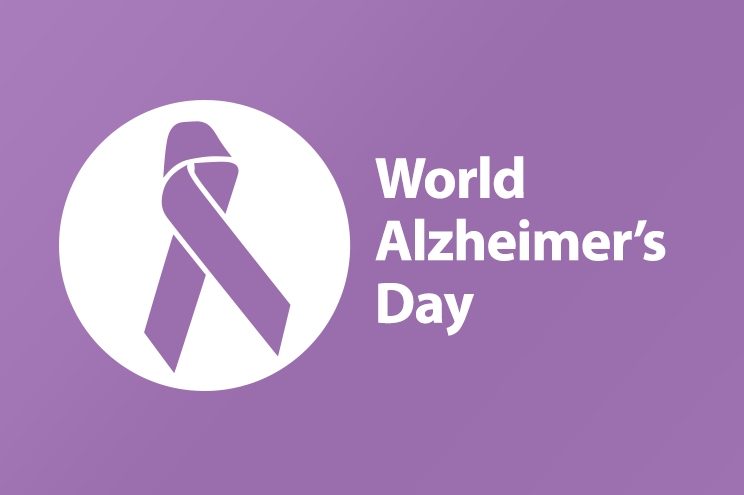Every year on September 21st marks World Alzheimer’s Day—a reminder for us all to focus on brain health and tackle the complex challenge posed by Alzheimer’s disease. Named back in 1910 but still troubling millions globally today, this day sees over sixty countries organizing events aimed at raising public awareness.
Alzheimer’s isn’t just about “forgetfulness.” It’s a progressive brain disorder that slowly erodes memory, cognitive abilities, judgment skills, ultimately impacting behavior and daily functioning. For sufferers themselves, it’s a gradual loss of self—forgetting loved ones’ faces or how to get home—and eventually losing independence altogether. It’s deeply isolating and leaves one vulnerable.

For families and caregivers of Alzheimer’s patients, this journey is equally challenging. They endure watching their loved ones deteriorate while shouldering immense time commitments, energy drains—even financial burdens—to provide round-the-clock care filled with emotional strain requiring boundless patience and resilience. Such responsibilities often lead caregivers into severe stress and exhaustion.
Globally recognized as an escalating health issue primarily affecting seniors—though not exclusively tied to aging—Alzheimer’s numbers rise alongside an aging population trend worldwide. Despite advances in scientific research there remains no cure yet; underscoring prevention efforts through early diagnosis alongside effective caregiving becomes paramount.

World Alzheimer’s Day exists precisely for breaking silence around this illness—dispelling stigma while educating about its realities—and highlighting both patient struggles along with caregiver challenges faced daily. Society must respond with greater empathy plus robust support systems ensuring necessary resources reach those impacted directly or indirectly by Alzheimer’s.
Emphasizing prevention further remains crucial: though causes are multifaceted maintaining healthy lifestyles including active cognitive engagement physical exercise balanced diets managing cardiovascular risks potentially lowers onset risks delays progression too spreading such knowledge widely reinforces collective commitment towards better brain health—a core aim behind World Alzheimer’s Day observance.
September 21st stands dedicated towards compassion understanding hope—it urges treating Alzheimer sufferers plus their families empathetically supporting ongoing research collaboratively striving towards cures enhancing current living standards improving overall care quality ultimately presenting united front bringing renewed hope widespread backing across communities touched by Alzheimer’s worldwide.
